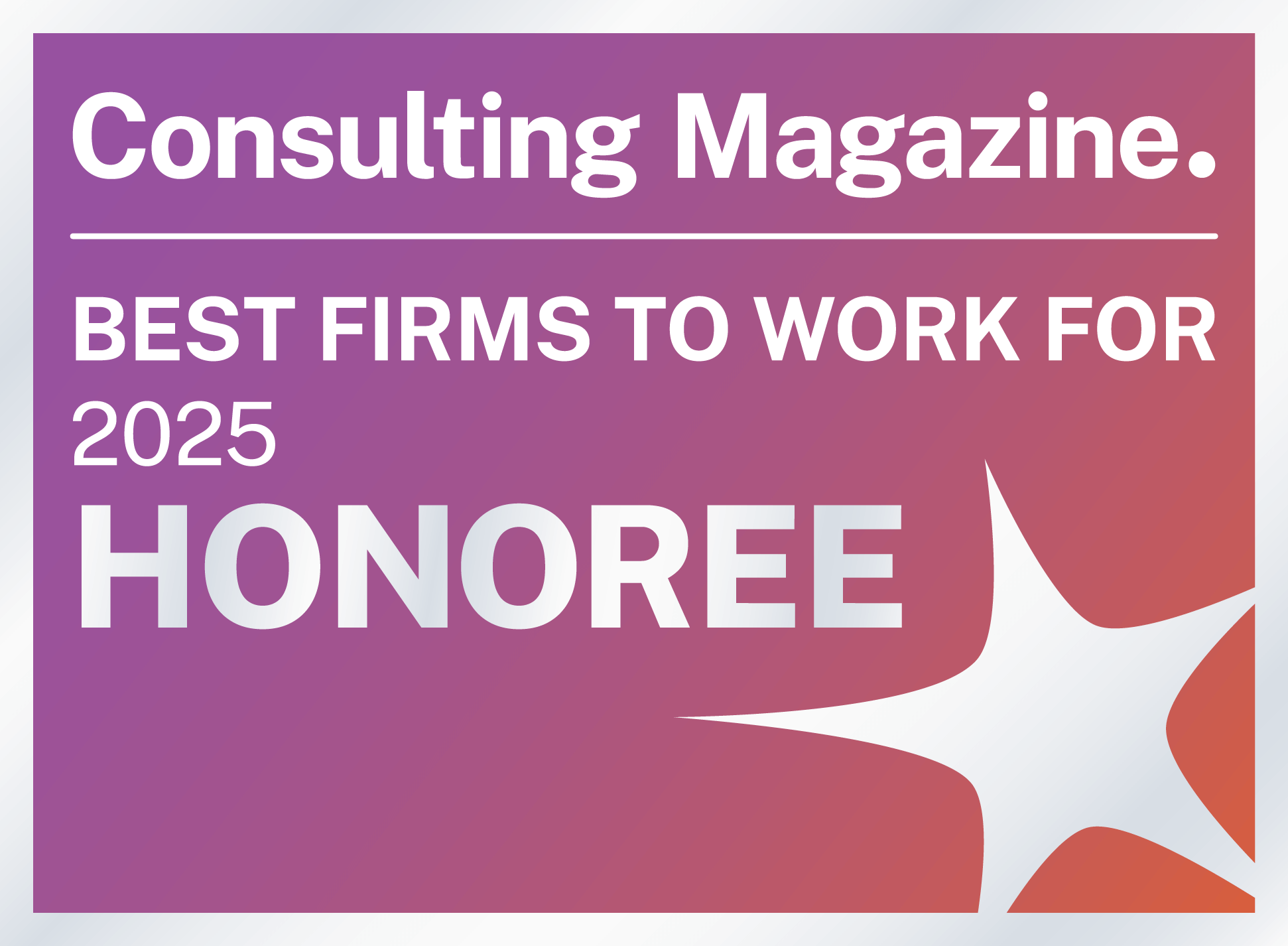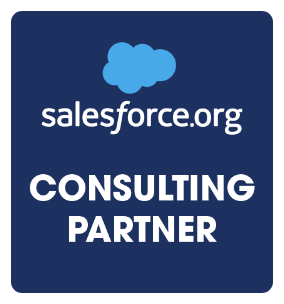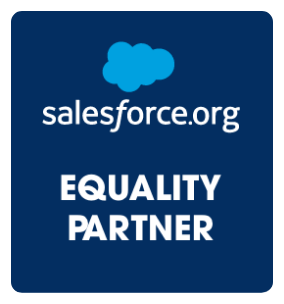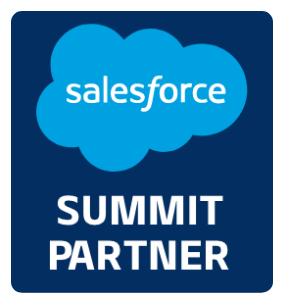
Why a proactive service partner is the future for your organization
Defining Modern IT Managed Services
Managed services for information technology (IT) can be defined as, the outsourcing of responsibilities for maintaining and forecasting the need for various solutions and processes to improve operations while reducing expenses.
While this definition is serviceable, it reflects an outdated perspective on managed services. As technology continues to evolve rapidly, the understanding of managed services needs a comprehensive overhaul.
Traditionally, within the partner community, managed services have been associated with help desk support, subscription-based services, or staff augmentation. Often, they are considered only in the post-go-live phase, an afterthought to the main implementation.
Today, managed services have taken on a new and essential role. Organizations now require managed services professionals who can proactively adapt to technological advancements, provide services beyond just support, and understand the organization’s business processes to offer insightful advice on leveraging technology for success.
The Critical Role of Managed Services in Project Success
The 2020 Chaos report from the Standish Group reveals a staggering reality—66% of technology projects end in partial or total failure. Specifically, 31% of IT projects are canceled outright, and 17% of large IT projects fail so badly that they threaten the organization’s existence. The economic cost of this failure is immense, estimated at around $1.56 trillion. These statistics highlight the critical need for a reimagined approach to IT projects, incorporating change management and long-term sustainment from the outset.
Traditional project implementation follows a rigid framework: discover, design, build, test, train, and deploy. This methodology might suit small, low-risk projects but falls short for large-scale enterprise initiatives. Why? Because traditional implementations cannot effectively address the complexities and uncertainties inherent in significant projects. These projects are plagued by the triple constraints of time, budget, and scope. We all know of projects that met these constraints but ultimately failed.
A New Approach: Agile and Outcome-Oriented
Under a modern implementation model, the focus shifts from these constraints to project purpose and defined outcomes. By emphasizing the project’s core objectives and applying an agile scrum framework, we achieve incremental outputs that reduce risk. This approach integrates human-centered design thinking and combines it with change management and sustainment methodologies. The result is a structured model for adoption, governance, stabilization, and future enhancements.
Client Success
At Attain Partners, we recently worked with an enterprise organization on significant enhancements to their Salesforce Experience Cloud portal. By identifying key stakeholders, focusing on outcomes, and developing incremental gains across four different departments, the clients saw continuous improvement without having to take offline for any significant amount of time. The resulting enhancements increased overall traffic to, and satisfaction with, the portal.
Managed services play a pivotal role in this new delivery model. Rather than being an afterthought, they are embedded within the project to provide delivery, change management, and sustainment services from the start. Given that every project operates within a timeline and budget, why not begin with the project’s purpose and outcomes and then iterate within the agreed-upon parameters?
Benefits of the Managed Services Model
A comprehensive managed services service offering contains all three elements of the triple helix—iterative delivery, change management, and a sustainment framework.
Iterative Delivery
Dedicated resources deliver outcomes iteratively and minimize risk.
Change Management
Involvement with stakeholders and the development team from the beginning ensures effective management of organizational change.
Sustainment Framework
Supports stabilization, training, deployment, governance, and future enhancements.
Attain Partners’ Managed Services for CRM Offerings
Attain Partners’ managed services model, which incorporates agile principles, allows one, cohesive team to manage delivery, change management, and sustainment. This approach allows for flexibility and adaptation throughout the project lifecycle increasing the chances of project success.
While traditional implementation models may suffice for certain projects, large-scale enterprise projects characterized by uncertainty, complexity, and risk benefit significantly from a managed services approach. This model not only meets immediate project needs but also addresses change management and long-term sustainment, leading to higher adoption rates and better returns on investment. In this context, managed services evolve into a relationship-driven, delivery, and sustainment model that maximizes an organization’s chances of success.
Attain Partners – Managed Services Experts
Whether you are interested in shared or managed services, we can deliver the precise solution you need to meet your requirements. Collaborating remotely with your team, we’ll work with you to understand your IT gaps and objectives in order to create a cost-effective, tailored service strategy. With decades of experience and over 300 Salesforce certifications, we will work with you to determine which service solution is right for your needs. Contact us today to learn more.
About the Author

Kevin Patterson is a Salesforce Customer Success Manager with over 20 years of nonprofit experience and a decade of consulting expertise in Salesforce SaaS CRM solutions. He has a proven track record in customer success and change management, leading enterprise clients through digital and business transformation projects. His educational background includes an MBA from Indiana Wesleyan University and a BA in Opera Production from Indiana University. Kevin holds multiple certifications, including Organizational Change Management from Cornell University and Salesforce certifications as an Administrator, Business Analyst, and Sales Representative.













